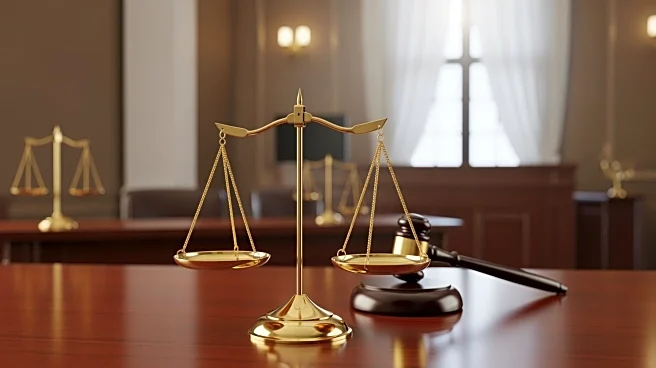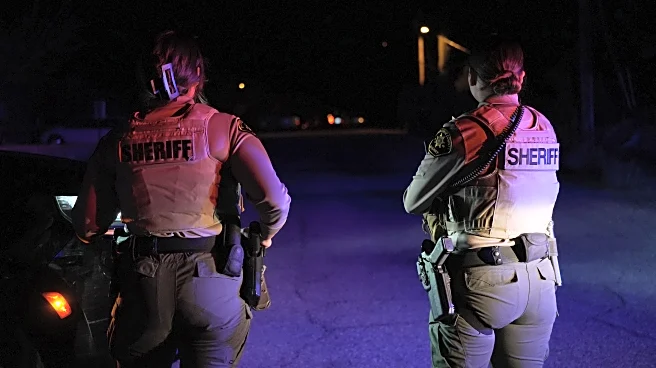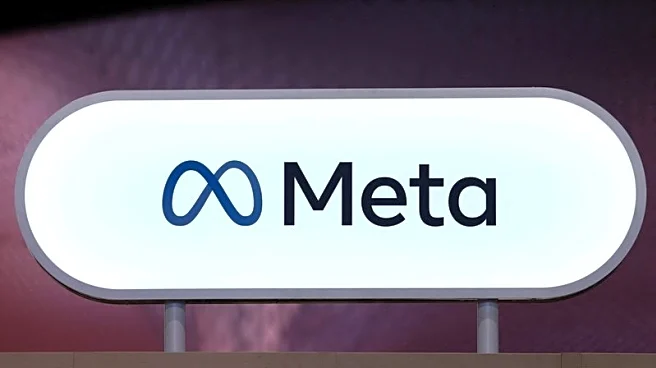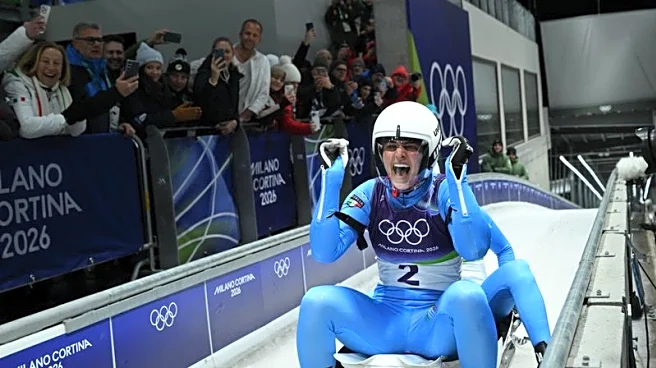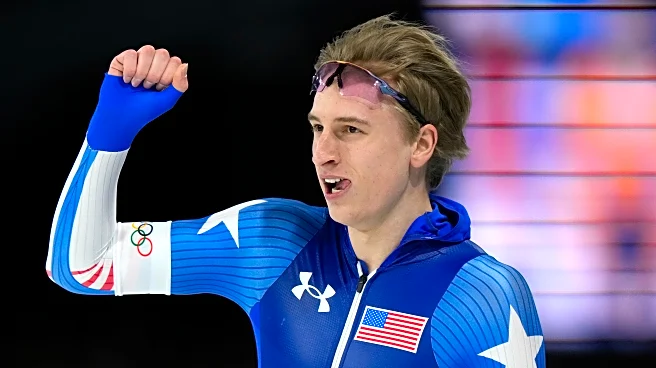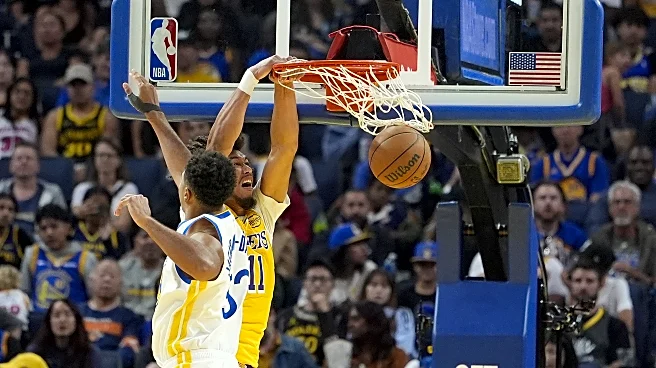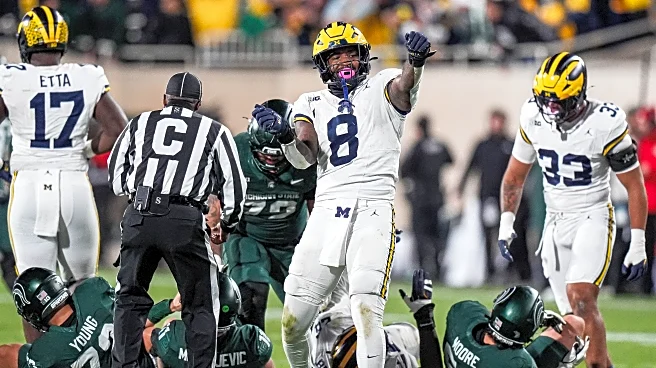What's Happening?
A court has dismissed singer-songwriter Jack Antonoff from a copyright infringement lawsuit involving Taylor Swift and other co-defendants. The lawsuit, filed by Florida artist Kimberly Marasco, alleged
that Swift and her collaborators copied her poetry in lyrics and visuals from several albums, including 'Lover,' 'Folklore,' 'Midnights,' and 'The Tortured Poets Department.' Marasco, representing herself, filed a second amended complaint against Swift, songwriter Aaron Dessner, Universal Music Group, and Republic Records. Antonoff was removed from the case after Marasco filed a notice of voluntary dismissal and an amended complaint that did not list him as a defendant. Antonoff's attorneys had argued that Marasco failed to properly serve him, citing deficiencies in the proof of service affidavit.
Why It's Important?
The dismissal of Jack Antonoff from the lawsuit highlights the complexities involved in copyright infringement cases, particularly those involving high-profile artists like Taylor Swift. Such legal battles can impact the music industry by setting precedents for how copyright claims are handled, especially when self-represented plaintiffs are involved. The case also underscores the importance of proper legal procedures, such as serving defendants correctly, which can determine the outcome of lawsuits. For Swift and her collaborators, the dismissal of Antonoff may simplify their legal strategy, but the ongoing litigation could still affect their reputations and business operations.
What's Next?
The court has yet to rule on a request to dismiss Aaron Dessner from the case, as his attorneys also argue that he was not properly served. The outcome of this request could further influence the direction of the lawsuit. As the case progresses, it may prompt discussions within the music industry about the protection of intellectual property and the challenges of defending against copyright claims. Stakeholders, including record labels and artists, will likely monitor the case closely to assess its implications for future collaborations and creative processes.
Beyond the Headlines
The lawsuit raises broader questions about the balance between artistic inspiration and copyright infringement. As artists often draw from various influences, distinguishing between homage and unauthorized use can be challenging. This case may contribute to ongoing debates about the boundaries of creative expression and the legal frameworks that govern them. Additionally, the involvement of self-represented plaintiffs like Marasco highlights the accessibility of legal recourse for individuals who believe their intellectual property rights have been violated.
